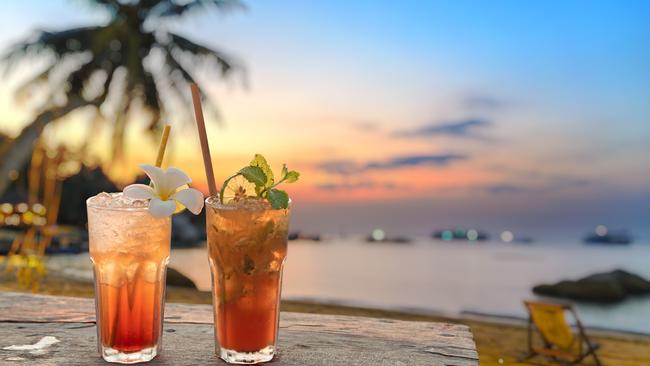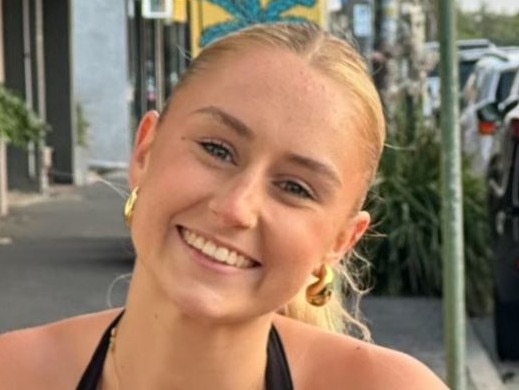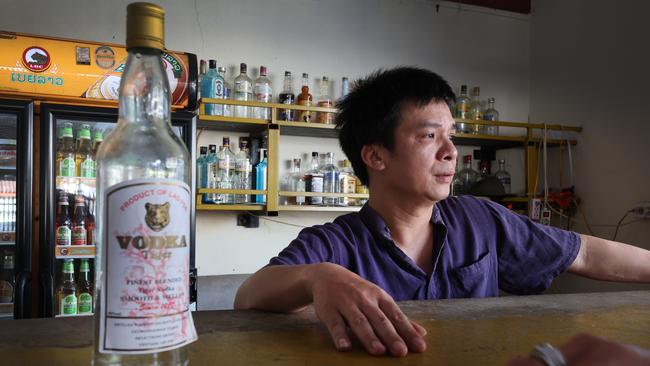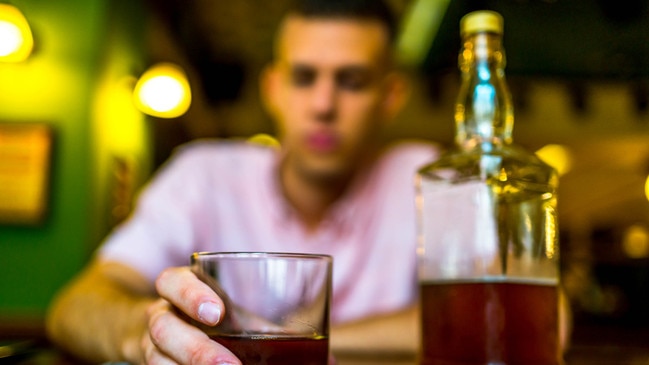How to protect yourself against methanol poisoning
Travellers take note – methanol poisoning is more common and widespread than generally understood. Here’s how to avoid it.

Travellers take note – methanol poisoning is more common and widespread than generally understood, and incredibly deadly.
As the families and friends of Melbourne teenagers Holly Bowles and Bianca Jones grieve their deaths, the nation has been urged to have a conversation about the dangers of drinking in many places overseas.
The two young women were among a group of international travellers in Laos who consumed drinks understood to have contained methanol. Five have so far died.

In the wake of the tragedy foreign minister Penny Wong said drink spiking and methanol poisoning were “far too common in many parts of the world”, urging families to “have a conversation about the risks … to ensure this tragedy doesn’t happen again.”
Here’s a conversation starter.
What is methanol?
Methanol is a form of alcohol, but not a consumable form like the ethanol in traditional alcoholic beverages, says Nicholas Buckley, a professor of clinical toxicology and pharmacology at the University of Sydney.
“It’s a fermentation product. Historically, think of things like moonshine. Wood being fermented creates methanol, where grapes create ethanol,” Professor Buckley says.
It is odourless and colourless, and used for industrial purposes such as cleaning products, paint strippers, model aeroplane fuel and the old methylated spirits before the authorities took it out.

Why is it being found in drinks?
The federal government’s Smartraveller website offers an answer in its Partying Safely section.
“Alcohol production is less regulated in some destinations than in Australia,” it says. “This can lead to methanol being used in the production process to lower costs.”
Clinical and forensic toxicologist Naren Gunja says in countries where alcohol production is poorly regulated there is opportunity for mistakes to be made.
“Due to adulteration, or poor distillation or people putting in the wrong chemical, usually accidentally, methanol can get into beverages. The risk is higher in spirits,” Dr Gunja says.
Melbourne University associate professor of general practice Magdalena Simonis, a GP, says in many overseas locations good quality alcohol can be expensive.
“In some places bars may be adulterating their alcohol by adding methanol to increase the hit. It’s possible because you can’t smell it and it’s clear,” Dr Simonis says.
What happens to my body if I drink it? And how much can I tolerate?
Professor Buckley says when methanol is consumed the enzymes in the body convert it to formic acid and formaldehyde, both of which are toxic.
“As little as 10 millilitres can make you sick. That’s a third of a shot. Twice that is potentially fatal. In other words less than one shot can be lethal,” he says.
Dr Gunja says the methanol itself affects the brain and eyes, and also a person’s metabolic state.
“Your body becomes acidotic, which affects your electrolytes, heart, blood pressure and kidneys. The acid you’ve created has a secondary effect on other parts of the body.”
Professor Buckley says one of the early signs of a problem is vision impairment.
“People get blurry vision and their pupils stop reacting. This is toxicity in the retina and if they have that they should go to the hospital as early as they can,” he says.
Dr Simonis also says there can be early signs.

“It can have quite a sudden, dramatic impact, such as early signs of wooziness, confusion or disco-ordination, signs that something is not quite right.
“If that happens in the first half-hour, seek medical attention because that’s not normal.”
I think I’ve been poisoned. What should I do?
Get to a hospital or seek medical care, quick.
There are medications that can help reduce the impact of methanol poisoning.
One of the treatments is to actually drink more alcohol that contains ethanol, Professor Buckley says.
“It’s a strange first aid trick to have a few beers to save a life, but ethanol blocks the conversion of methanol into formic acid and formaldehyde.
“So if you have a friend who is feeling sick and having problems seeing, and you suspect they may have had methanol, get them to drink a beer, which may give them time to get to a hospital for a more definitive diagnosis and treatment.”

But I’m not going to Laos.
There have been 940 incidents recorded worldwide by Medicines Sans Frontieres since they began keeping records in the late 1990s, with most reported since 2015.
Of the almost 40,000 people affected, there have been 13,000 fatalities. Countries in the top 10 for incidents include Indonesia, India and Russia, though in terms of numbers affected Iran has the highest at 9,600.
Kenya, Ecuador and Nicaragua are also among the top 10 for number of affected people.
The Smartraveller site points out incidents in Thailand, Cambodia, Costa Rica and Turkiye where people have died or becomes seriously ill from poisoned drinks.
Locally made drinks that have poor histories are Arak in Indonesia, the country with the most reported incidents of methanol poisoning, and “Gin-Bulang” or blind gin, in the Philippines. In Vietnam, 85 per cent of alcohol in the country is home made.
Some tough love
The Smartraveller website advises holiday-makers to avoid homemade alcohol, be careful drinking spirits and cocktails, and drink only at reputable licenced places.
Dr Simonis is firmer.
“Don’t drink shots. Don’t drink cocktails. You don’t know where the alcohol’s from. Drink beer from a bottle. Don’t drink alone. And don’t leave your drink alone.”




To join the conversation, please log in. Don't have an account? Register
Join the conversation, you are commenting as Logout